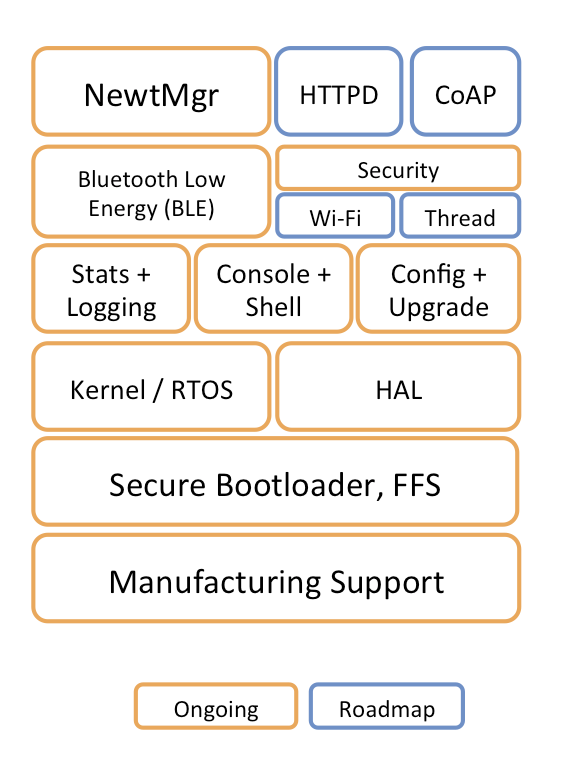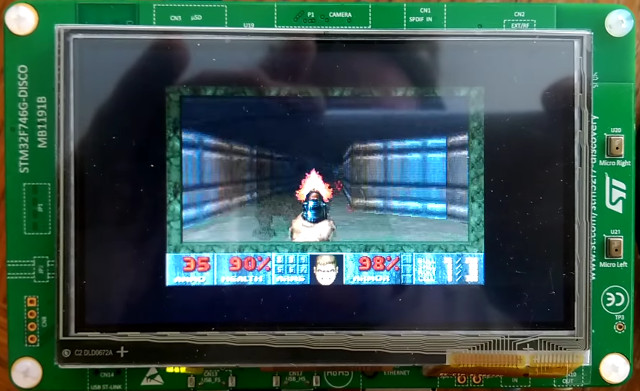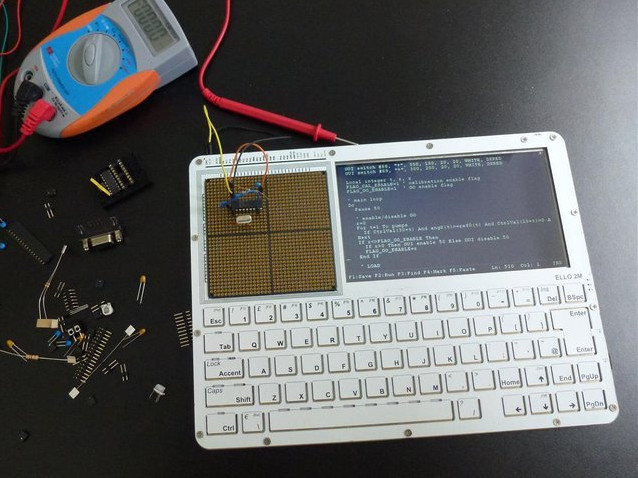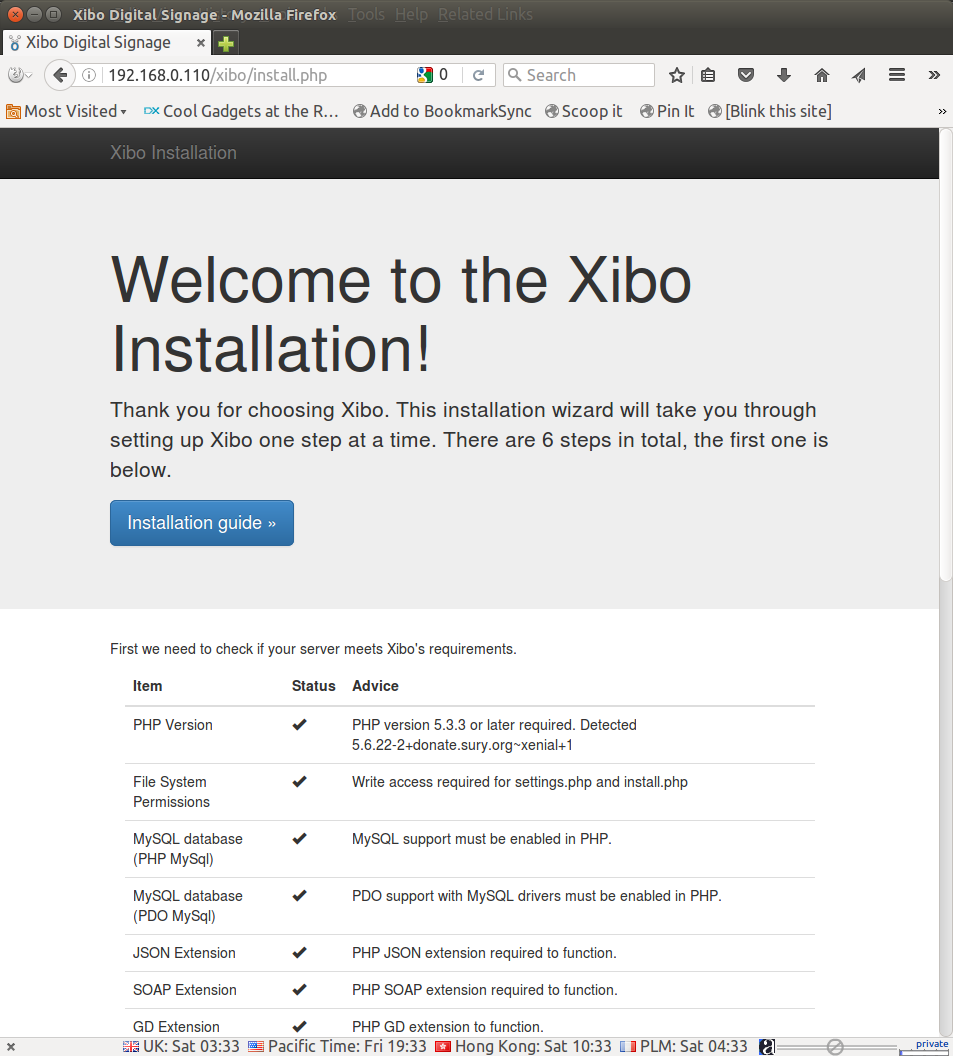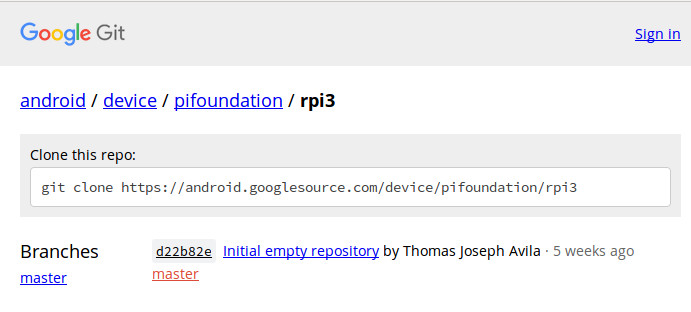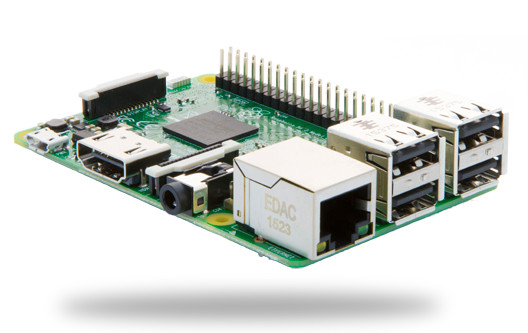The Eclipse Internet of Things (IoT) Working Group has released – or soon will be releasing – four open source projects for the Internet of Things with Eclipse SmartHome 0.8 framework, Eclipse Kura 2.0 IoT gateway framework, Eclipse Paho 1.2 MQTT & MQTT-SN clients, and Eclipse OM2M 1.0 implementation of oneM2M standard. Eclipse SmartHome 0.8 Eclipse SmartHome is a framework for smart home solutions that runs on embedded devices, including Raspberry Pi, BeagleBone Black or Intel Edison development boards. The latest SmartHome 0.8 release includes a new REST API and corresponding “Paper UI” administration interface, support for new devices including Sonos speakers, LIFX bulbs, Belkin WeMo devices, digitalSTROM systems, EnOcean devices (via a new OSGi EnOcean Base Driver) and others, as well as a new rule engine supporting templates for beginners, JavaScript for automation rules and graphical rule editors. You can find more details on Eclipse SmartHome page, and/or download SmartHome 0.8, […]
OnePlus 3 Smartphone Launched Together With Source Code
Most smartphone manufacturers will drag their feet to release GPL source code, unless you go with Google Nexus or Android One smartphones. OnePlus is another exception as they have just launched OnePlus 3 smartphone, and released the source code the very same day as the hardware launch. OnePlus 3 specifications: SoC – Qualcomm Snapdragon 820 quad core ARMv8 processor with two “Gold” cores up to 2.2 GHz, two “Silver” cores up to 1.6 GHz, Adreno 530 GPU with support for OpenGL ES 3.2, OpenCL 2.0, and Vulkan, and Hexagon 680 DSP @ up to 825 MHz System Memory – 6GB LPDDR4 Storage – 64GB UFS 2.0 flash Display – 5.5″ 1920 x 1080 optic AMOLED touchscreen display; Corning Gorilla Glass 4 Audio – 3.5mm audio jack; bottom facing speaker; dual microphone with noise cancellation; Dirac HD sound technology Cellular Networks GSM: 850, 900, 1800, 1900 MHz North America model: WCDMA: Bands […]
Apache Mynewt RTOS for IoT Includes an Open Source Bluetooth 4.2 LE Stack for MCUs
The Apache Software Foundation has recently released version 0.9 Apache Mynewt open source real-time operating systems for micro-controllers under… an Apache 2.0 license. The RTOS works on STMicro STM32 Cortex-M4, and Arduino Zero / M0 Cortex-M0 boards, but they’ve also implemented the first open source Bluetooth Low Energy stack for MCUs, starting with support for Nordic Semi nRF52 Cortex-M4 and nRF51 Cortex-M1 evaluation boards, and acting as a replacement for Nordic SoftDevice Bluetooth Smart / LE solution. The operating system competes with ARM mbed, the Zephyr Project, and RIoT, but the foundation claims it is the only one that’s both community driven and permissively licensed (Apache 2.0) project in the embedded space. The OS is modular and can be configured with a Go-like build and package management tool with components such as secure boot loader, flash file system and TLV storage mechanism, rich logging infrastructure, circular buffering schemes, and Bluetooth […]
Frosted OS is an Open Source POSIX Operating System for Cortex-M Micro-controllers
Frosted, which stands for “Free Operating Systems for Tiny Embedded Devices”, is an OS with a POSIX-compliant system call API, borrowing the Linux kernel kconfig for configuration, and currently supporting ARM Cortex M0,M3,M4, and M7 MCU including Texas Instruments Stellaris LM3S, STMicro STM32F4/F7, and NXP LPC17XX micro-controllers. The developers are focusing on IoT applications, as well as porting retro-games such as Doom. The kernel relies on libopencm3 for hardware abstraction, and the operating system can be built with GCC ARM for Frosted using the source code released under a GNU GPLv2 license. The Wiki explains how to build and run the OS on either Qemu (in a Linux computer) used LM3S target, or an STM32F4 Cortex -M4 or STM32F7 Cortex-M7 board. The team also uploaded showing a video of Doom (fdoom) running on STM32F7 board, and possibly adapted from stm32doom port. If you are interested in joining the project you can […]
ELLO 2M is a DIY Computer with a Keyboard, a 7″ Touchscreen Display and a Prototyping Area (Crowdfunding)
The traditional way to play with electronics is to get a board (e.g. Arduino), a breadboard to wire components & sensors to the board, and a computer for programming. ELLO 2M combines all that into a single piece of hardware with a 7″ touchscreen display, a Microchip PIC32 micro-controller board, a solderless prototyping area made of PGA sockets, and a keyboard. ELLO 2M hardware specifications: MCU – Microchip PIC32MX470 32-bit micro-controller @ 120 MHz with 128kB RAM (512kB RAM in the ELLO 2M “hacker” versions) Extra System Memory – Optional on-board serial non-volatile data RAM Storage – 3x micro-SD cards (one permanently built-in and two for removable storage); internal serial FRAM Display – 7″ LCD touch-screen panel with 800×480 pixel resolution Audio – Small speaker and buzzer Keyboard – Replaceable QWERTY keyboard Connectivity – 2.4GHz RF communication module with simple communication protocol Expansion – Expansion receptacle, electronic prototyping space with […]
How to Install PHP 5.6 (and Xibo Digital Signage CMS) in Ubuntu 16.04
Xibo is an open source digital signage using a client / server architecture, and in the past I wrote a tutorial showing how to use it, and ran Xibo Python client on ARM Linux TV box, but with software handling only so rendering scrolling text was not very smooth at all, and video decoding was not really possible. But now I have Star Cloud PCG02U Intel TV stick which costs just $70 shipped with Ubuntu 14.04, and that I have upgraded to Ubuntu 16.04, and I thought that would be a great low cost Xibo Linux client which should have pretty good performance. I started by installing Xibo server, only to find out that the cross-platform Python client had been phased out, with now only Windows and Android clients available. So I canceled my plan. I still had some challenges installing Xibo server on Ubuntu 16.04, so I’ll report my […]
Raspberry Pi 3 Repository Has Been Added to Android Open Source Project
Android has been ported to the Raspberry Pi boards in the past, but the images were not really usable because the implementation lacked 2D & 3D graphics support. The good news is that Raspberry Pi 3 is likely to officially support the latest version of Android soon, because rpi3 repository has been created in AOSP about 5 weeks ago. That’s all we know for now. Raspberry Pi 3 could then be part of the second wave of boards officially supported in Android “mainline”, as currently 96Boards Hikey is the only supported board in AOSP. However, If we go down in the git repo to android/device, we can also see MIPS Creator CI40, Aaeon Upboard, i.mx6ul picoimx board, Intel Edison and Minnowboard, and a few others. Some of the boards will run Brillo instead of Android however, or it could be a different project, so we’ll have to see what happens […]
Preliminary Open Source Bootloader for Raspberry Pi Boards Released
Raspberry Pi boards require a closed-source binary to boot. I understand it this is handled by VideoCore IV GPU, and so far the Raspberry Pi foundation are not release source code for the bootloader, possibly due to legal reason (e.g. NDA to Broadcom). But I noticed people chatting about an open source bootloader for Raspberry Pi on sunxi-linux IRC channel. The bootloaded called rpi-open-firmware has been developed by Kristina Brooks (christinaa), who previously did some work on the VideoCore IV GPU, as you can see on her blog and github account. Kristina describe the project as follows: This is a small firmware for RPi VPU (VideoCore4) versions 1/2/3 that is capable of initializing VPU PLL (PLLC), UART, SDRAM and ARM itself. It’s intended to be used instead of stock bootcode.bin on RPi’s SD card. You need to have UART to see anything meaningful as far as output goes. This has […]




